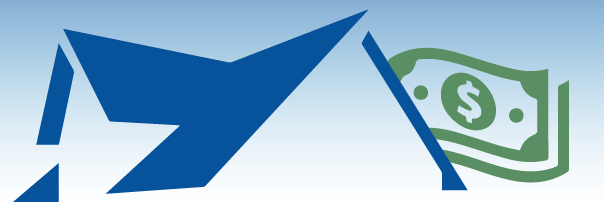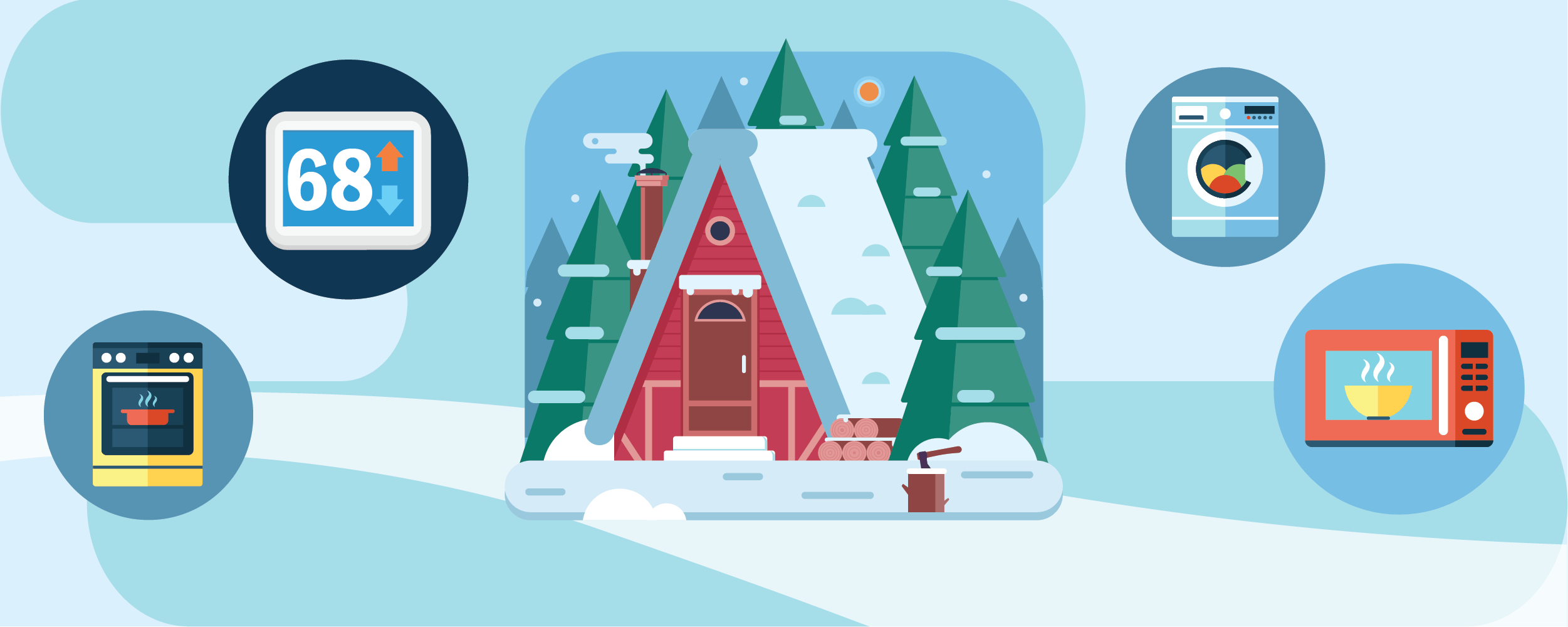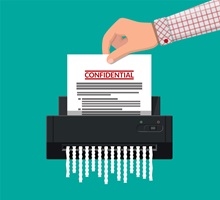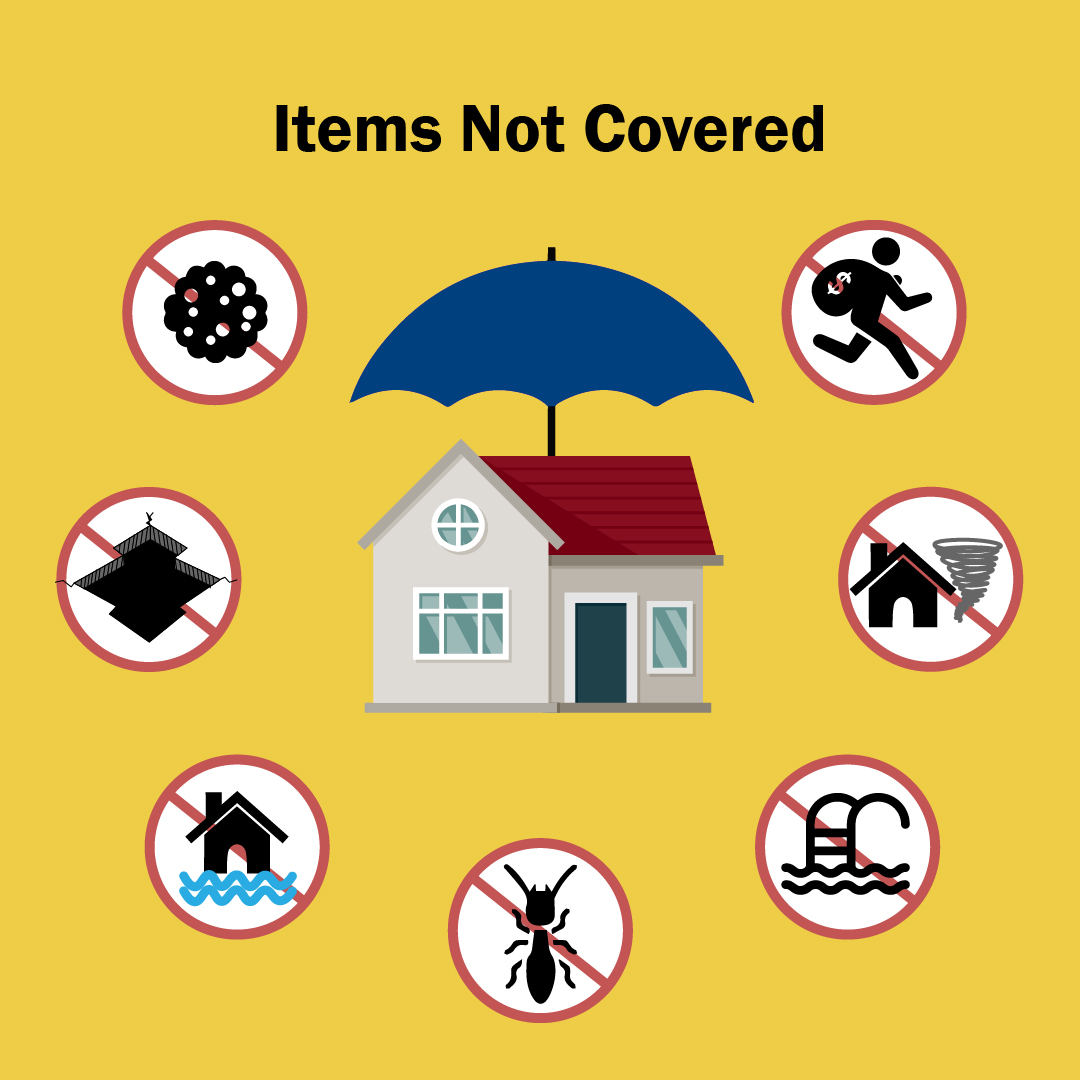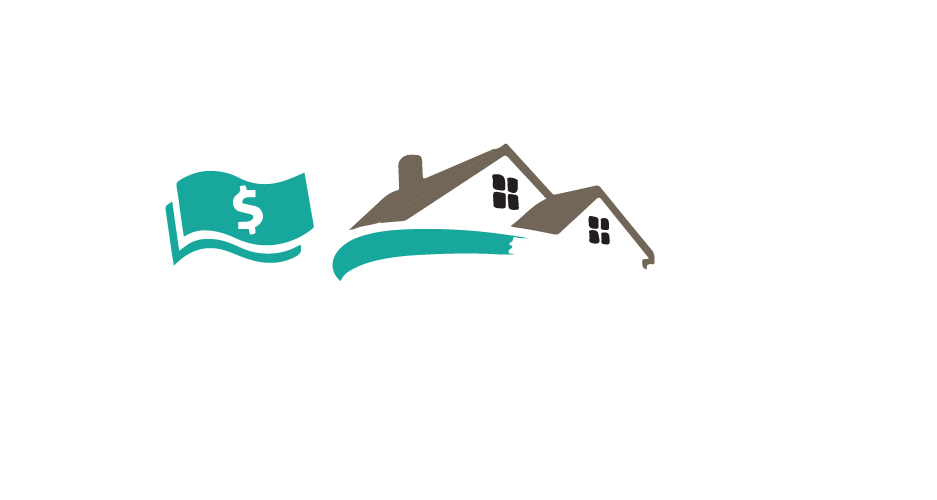The First-Time Buyer's Guide to Home Ownership
What Is a Mortgage?
A mortgage is made up of principal, interest, insurance and taxes. The principal is the amount you borrow, and interest is the amount you pay to borrow the principal. Interest includes homeowner’s insurance, private mortgage insurance (PMI) and flood insurance. You generally pay PMI until you have 20% equity in the home. PMI protects the lender if you stop making payments on your mortgage. You’ll also pay property taxes, which may go up or down over time.
The Real Cost of Home Ownership
Understanding the real cost of homeownership can help you evaluate if you’re ready to buy. Consider both the upfront and ongoing costs of home ownership. Upfront costs include your down payment (0-20% of purchase price), closing costs (2-5% of purchase price) and inspections. Ongoing costs include mortgage payments, maintenance and repairs, utilities and homeowners’ association fees.
Before You Buy
When preparing to purchase a home, it pays to plan ahead. Start by saving for your down payment. You’ll also want to establish two or more years of work history at your current employer. Lower your Debt-to-Income ratio to 40% or less and avoid opening new accounts.
When you’re one year out, keep saving! Investing your funds in a certificate can help you maximize your savings. This is also an important time to check your credit report for errors and pay outstanding debt.
At the four- to six-month mark, keep saving and keep money in your accounts. If gifted funds are part of your purchase plan, keep in mind that those funds need to be in your account for at least 2 months. Also, don’t take on any new debt. Take time to gather paperwork needed for preapproval like W-2s, tax returns, pay stubs, bank statements, credit card statements and investment account statements.
Calculate Your Debt-to-Income (DTI) Ratio
Your Debt-to-Income Ratio, or DTI, is used by lenders to check your financial health when considering you for a loan. This includes mortgages! Expressed as a percentage, you can calculate your DTI by dividing your monthly debt payments by your gross (before tax) income. Generally, a DTI ratio of less than 40% is preferred.
The Home-Buying Process
Once you’ve saved up and calculated your DTI, begin the home buying process by meeting with a lender to explore what’s in-budget. Buying a home usually happens in five stages: Prequalification, preapproval, choosing a mortgage, finding a home, and finalizing your approval.
Prequalification: Pick a reliable lender (like Rogue Credit Union!) and work with them to find out how much you can borrow. You’ll be asked about your income, existing debt and the size of your down payment. This will help determine the price range in which you can shop for homes.
Preapproval: A little extra work now can make you more appealing to sellers and save you time! Pre-approval identifies the exact dollar amount you’re able to borrow. Expect to provide your lender with pay stubs, W-2s and bank statements. The lender will also run a credit check and may ask for tax information if you’re self-employed.
Choose a Mortgage: Mortgage loans come in different shapes and sizes, each with different terms and benefits. Check out all of your options at roguecu.org/homeloans, watch this video or read our compare-and-contrast blog. Then, work with your mortgage loan officer to find the best fit for you.
Find Your Home: It's important to be realistic about what you can comfortably afford. Choosing a home at the maximum pre-approval amount could prove difficult to maintain. Make sure you're comfortable with the monthly mortgage amount.
Finalize Your Approval: Work with your lender to provide paperwork like W-2 documents, bank statements and a signed purchase and sale agreement. Also obtain an appraisal of the house you plan to purchase. Once everything has been submitted, your application will be sent to an underwriter for final approval. This process typically takes 4 to 6 weeks. Get ready to move in!
Closing Costs Explained
Often totaling 2-6% of the overall loan amount and finalized near the end of the home buying process, closing costs can be an unexpected expense. Closing costs include things like the cost of appraisal and home inspection, plus fees like a loan origination fee, recording fees, tax fees, title fees and more. Calculating approximate closing costs may help you plan more accurately for the costs of purchasing a home.
For more information about the basics of home ownership, watch this video. Our friends at Access also have great resources. Wherever you’re at in your home ownership journey, we’re here to be your partner in achieving financial success. Learn more about our certificates, a great savings option to build up your down payment or explore our loan options to get started.

